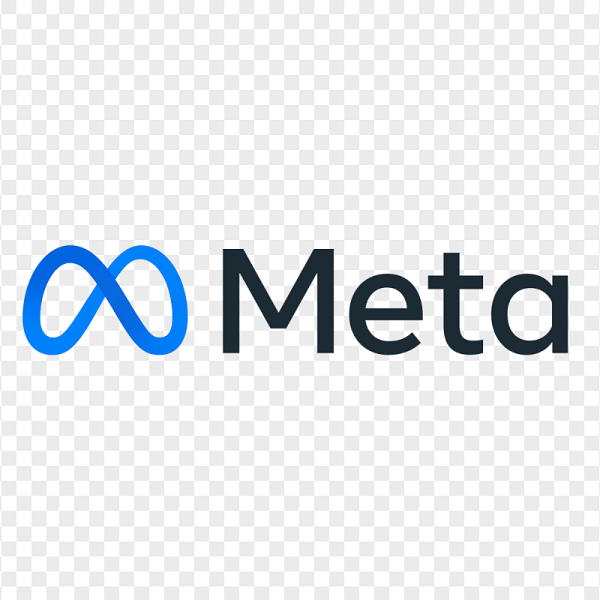Meta, the social media conglomerate, has announced that it will train its AI models using public content shared by adults on Facebook and Instagram in the UK.
The motive for this is to ensure that the AI models reflect British culture, history, and idioms, enabling UK companies and institutions to use the latest technology more effectively. The rollout is expected to begin in the coming months.
Prior to this, Meta had paused training its AI model in the UK due to regulatory concerns. The company stated that during this hiatus, it held discussions with the Information Commissioner’s Office (ICO).
The ICO is the UK’s independent authority that enforces data protection laws, promotes information rights, and ensures that organizations handle personal data responsibly in the UK. Meta has welcomed the ICO’s constructive approach throughout these discussions, which will help guide the deployment of its AI in the UK.
The company plans to leverage the legal basis of ‘Legitimate Interests,’ a valid foundation under the General Data Protection Regulation (GDPR), for processing certain first-party data to train its generative AI models. Under the GDPR, ‘Legitimate Interests’ is one of the six lawful bases for processing personal data. This approach will ensure that the company is compliant with GDPR requirements.
Article 6(1)(f) of the GDPR states that “processing shall be lawful only if and to the extent that at least one of the following applies: processing is necessary for the purposes of the legitimate interests pursued by the controller or by a third party, except where such interests are overridden by the interests or fundamental rights and freedoms of the data subject which require protection of personal data, in particular where the data subject is a child.’’
Meta will use public information—such as public posts, comments, photos, and captions—to train its models. However, it explicitly stated that it does not intend to use people’s private messages with friends and family. Additionally, information from accounts of individuals under the age of 18 is excluded.
Users in the UK are expected to start receiving in-app notifications on Facebook and Instagram this week, which will explain the terms of the new development and provide information on how they can object to their data being used for AI training. Meta will not contact individuals who have already objected, as it will continue to respect their preferences.
Meta’s plans for its AI include expanding its capabilities to reflect diverse global communities. The company has stated, ‘We’re building AI at Meta to reflect the diverse communities around the world, and we look forward to launching it in more countries and languages later this year.”
Lately, the use of personal data to train AI models has been scrutinized for potential regulatory breaches and ethical concerns. Back in July, Brazil’s National Data Protection Authority (ANPD) stopped Meta’s use of personal data from Brazilian citizens to train its AI models. Similar actions were taken in the European Union following requests from the Irish Data Protection Commission (DPC).
While users can opt out of having their data used, ethical concerns must be addressed to ensure responsible data practices. The involvement of the ICO offers hope that Meta’s data handling practices will maintain integrity.





